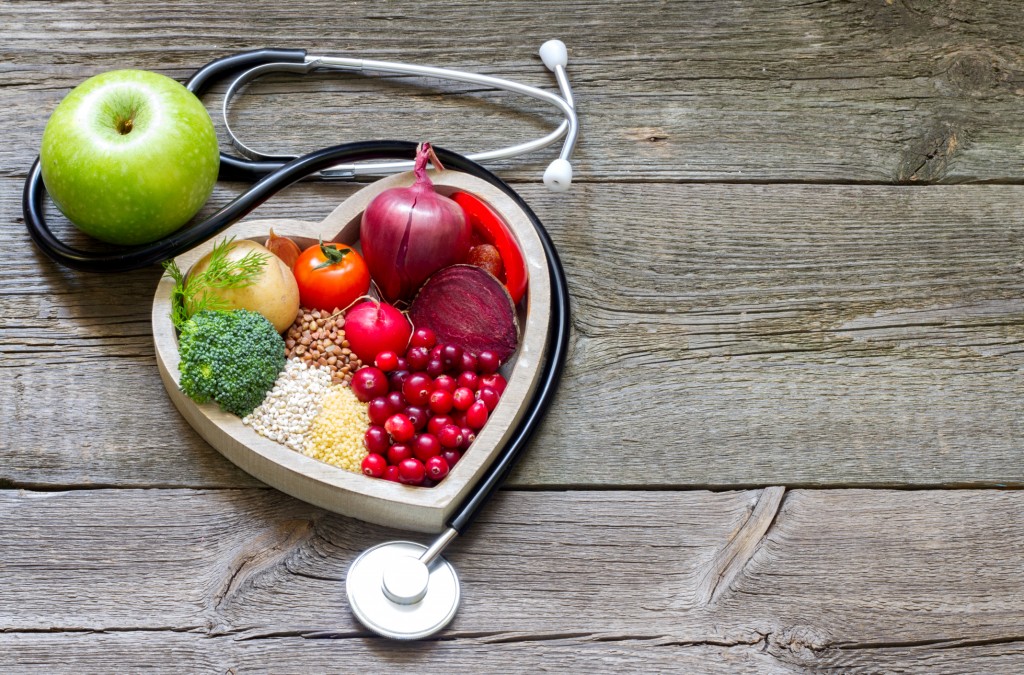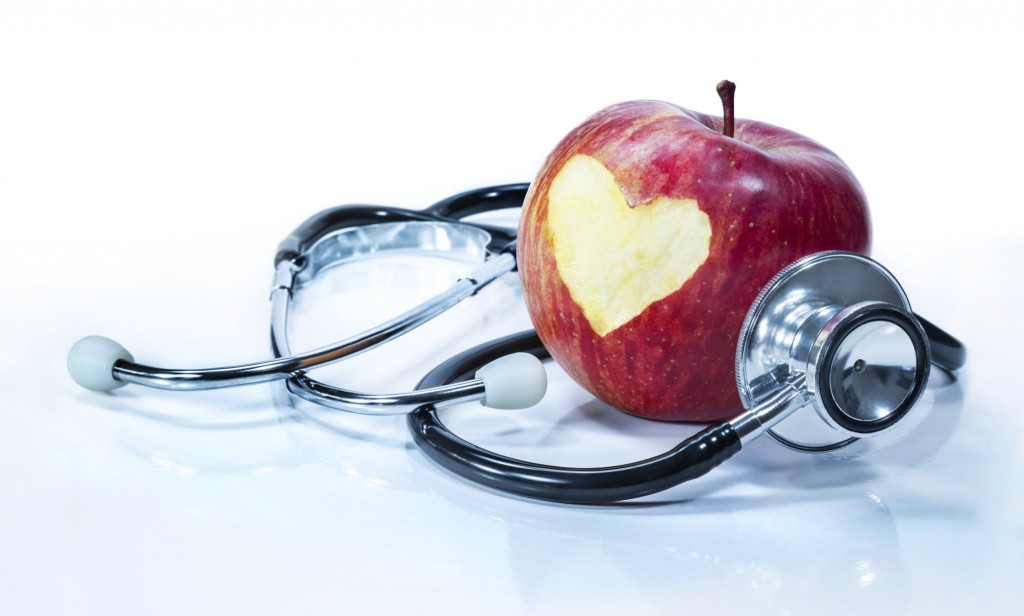If you’re not an athlete or serious exerciser — and you just want to work out for your health or to fit in your clothes better — the gym scene can be intimidating. Just having to walk by treadmills, stationary bikes, and weight machines can be enough to make you head straight back home to the couch.
Yet some of the best physical activities for your body don’t require the gym or ask you to get fit enough to run a marathon. These “workouts” can do wonders for your health. They’ll help keep your weight under control, improve your balance and range of motion, strengthen your bones, protect your joints, prevent bladder control problems, and even ward off memory loss. No matter your age or fitness level, these activities can help you get in shape and lower your risk for disease:
Swimming. You might call swimming the perfect workout. The buoyancy of the water supports your body and takes the strain off painful joints so you can move them more fluidly. Swimming is good for individuals with arthritis because it’s less weight-bearing. Research has found that swimming can also improve your mental state and put you in a better mood.
Water aerobics is another option. These classes help you burn calories and tone up. Most YMCA’s have water aerobics programs.
Tai chi. This Chinese martial art that combines movement and relaxation is good for both body and mind. In fact, it’s been called “meditation in motion.” Tai chi is made up of a series of graceful movements, one transitioning smoothly into the next. Because the classes are offered at various levels, tai chi is accessible — and valuable — for people of all ages and fitness levels. It’s particularly good for older people because balance is an important component of fitness, and balance is something we lose as we get older.
Take a class to help you get started and learn the proper form. You can find tai chi programs at your local YMCA, health club, community center, or senior center.
Strength training. If you believe that strength training is a macho, brawny activity, think again. Lifting light weights won’t bulk up your muscles, but it will keep them strong. If you don’t use muscles, they will lose their strength over time –a condition called sarcopenia. Muscle also helps burn calories. The more muscle volume you have, the more calories you burn, so it’s easier to maintain your weight. Similar to other exercise, strength training may also help preserve brain function in later years.
Before starting a weight training program, be sure to learn the proper form. Start light, with just one or two pounds. You should be able to lift the weights 10 times with ease. After a couple of weeks, increase that by a pound or two. If you can easily lift the weights through the entire range of motion more than 12 times, move up to slightly heavier weight.
Walking. Walking is simple, yet powerful. It can help you stay trim, improve cholesterol levels, strengthen bones, keep blood pressure in check, lift your mood, and lower your risk for a number of diseases (diabetes and heart disease, for example). A number of studies have shown that walking and other physical activities can even improve memory and resist age-related memory loss.
All you need is a well-fitting and supportive pair of shoes. Start with walking for about 10 to 15 minutes at a time. Over time, you can start to walk farther and faster, until you’re walking for 30 to 60 minutes on most days of the week.
Kegel exercises. These exercises won’t help you look better, but they do something just as important — strengthen the pelvic floor muscles that support the bladder. Strong pelvic floor muscles can go a long way toward preventing incontinence. While many women are familiar with Kegels, these exercises can benefit men too.
To do a Kegel exercise correctly, squeeze the muscles you would use to prevent yourself from passing urine or gas. Hold the contraction for two or three seconds, then release. Make sure to completely relax your pelvic floor muscles after the contraction. Repeat 10 times. Try to do four to five sets a day.
Many of the things we do for fun (and work) count as exercise. Raking the yard counts as physical activity. So does ballroom dancing and playing with your kids or grandkids. As long as you’re doing some form of aerobic exercise for at least 30 minutes a day, and you include two days of strength training a week, you can consider yourself an “active” person.
*For additional information on this and other questions about getting started on a healthy exercise program, buy Starting to Exercise, a Special Health Report from Harvard Medical School.
If you would like more information about reducing healthy exercise programs, contact Dr. Gordon C. Gunn MD at 714-912-2211 or visit www.gordongunnmd.com to schedule an appointment today.
Dr. Gunn proudly serves Fullerton and all surrounding areas.









